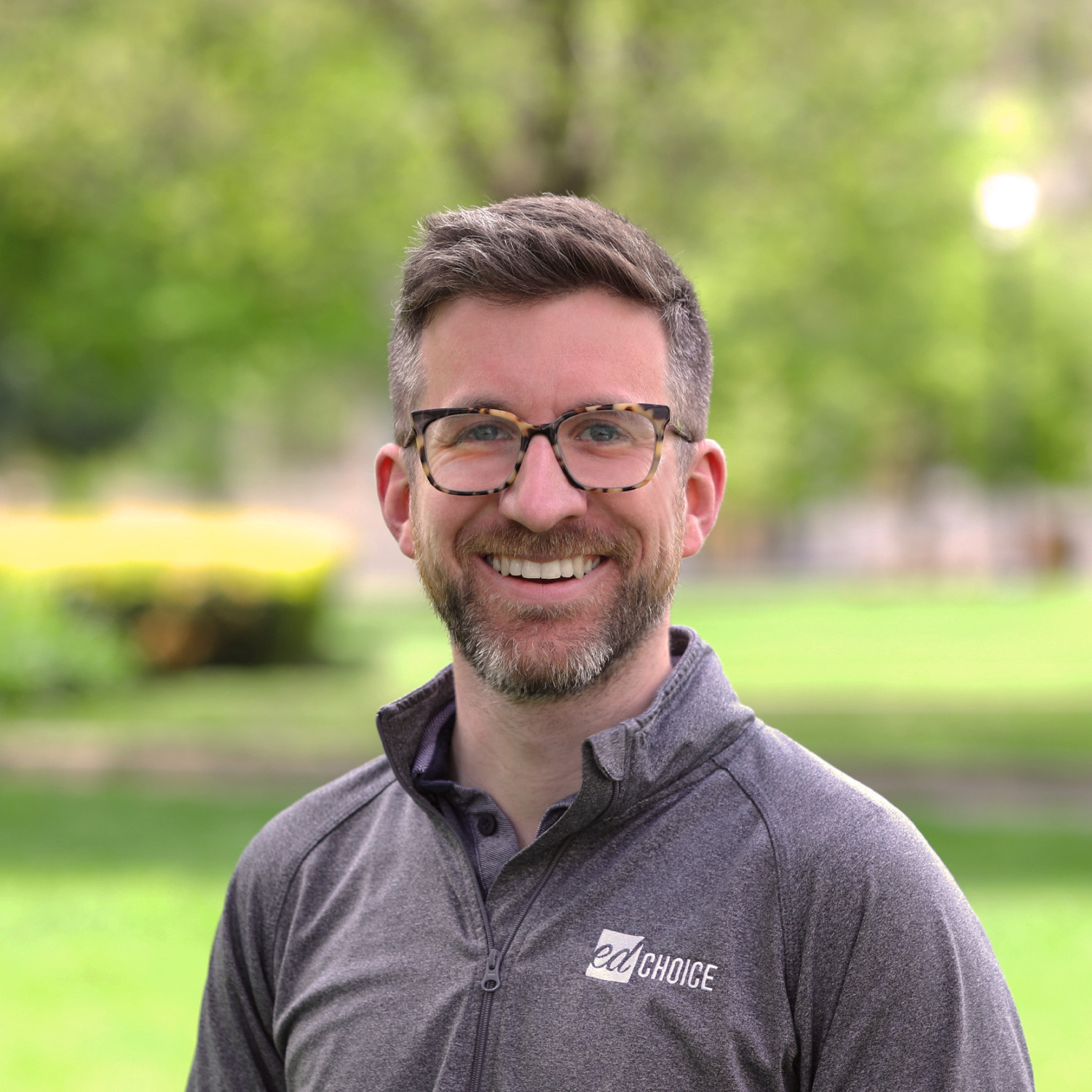Are teachers prepared for a wave of school choice?
Great schools need great teachers. This simple fact was true 100 years ago and will be true 100 years from now. Teaching and learning happens between pupils and teachers and the quality of a school rises and falls on the quality of its teachers.
We are in an exciting time of emerging education models. Microschools (small schools with fewer than 25 students), hybrid homeschools (schools where children attend formal classes for part of the week and work from home for the rest), online schools, homeschool co-operatives, the list goes on and on.
If we want these schools to succeed, they need great teachers. And therein lies a problem.
According to the Secretary of Education’s 2022 annual report on teacher preparation, in 2018-19 around 560,000 individuals were enrolled in one of the nation’s 21,510 teacher preparation programs housed at 2,178 different institutions. Around 150,000 people completed a teacher preparation program that year. Few, if any, were even taught about microschooling or hybrid schooling, let alone prepared to teach in them.
In Surfing the Pipeline, I marshalled survey data as well as reviewed course offerings by colleges of education in some of the most choice-rich states and found few examples of courses designed to prepare teachers to teach these emerging models.
As part of our ongoing survey research at EdChoice, we polled a nationally representative sample of teachers and asked how well they felt prepared to teach in various types of schools. Teachers overwhelmingly felt prepared to teach in public district schools. Eighty-seven percent said that that they strongly or somewhat agreed that they felt prepared to teach there. Private schools came in a close second with 74% of respondents. Charter schools came in third at 67%. Interestingly, the two school types that saw fewer than half of respondents saying that they felt prepared were religious schools (49%) and microschools (34%).
These results shouldn’t necessarily surprise us given the survey of courses available to teachers. Our research partners at Hanover Research scoured the websites and course catalogs of colleges of education in Florida, Arizona, Wisconsin, and Vermont (the four most choice-rich states), and only found a small number of programs or classes aimed at preparing teachers or school leaders for working in new school models.
We found some bright spots: strong programs in preparation for teaching online in Florida; programs for working in religious schools in Wisconsin, and in teaching in micro- and hybrid schools in Arizona. However, they were few and far between given the growing populations of students in these states taking advantage of alternative learning environments.
There are also opportunities. Given the paucity of existing programs, an enterprising dean or department chair could make a difference for his or her institution by creating a new program dedicated to preparing teachers and leaders for the panoply of alternative models that are proliferating in their geographic area. This could help their school stand out and ultimately lead to higher revenue. Creating new majors, certificates, and creating professional development programs could be ways for university leaders to find new students and set themselves apart.
If we want these new models to thrive, we need to think about the teacher pipeline into their classrooms (whatever those classes might look like). How can enterprising education schools offer courses to help educate teachers about these schools and prepare them in the knowledge, skills, and dispositions to teach effectively in them? How can philanthropists and policymakers encourage and support these programs? We have a window in time here where new schools have a chance to get off the ground. If, over the course of the next five to ten years they do not, we will have no one to blame but ourselves.




